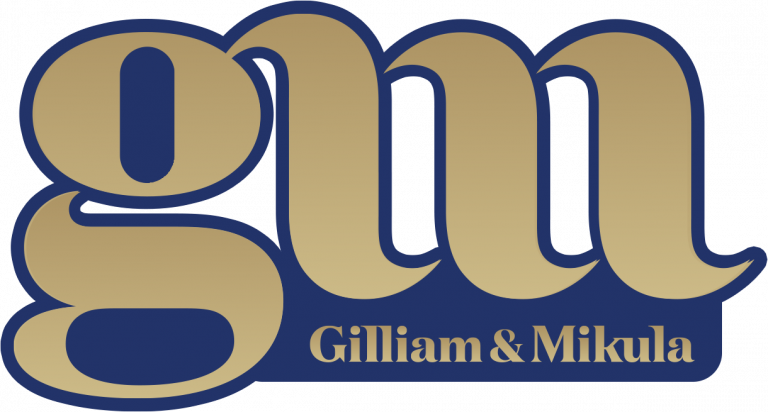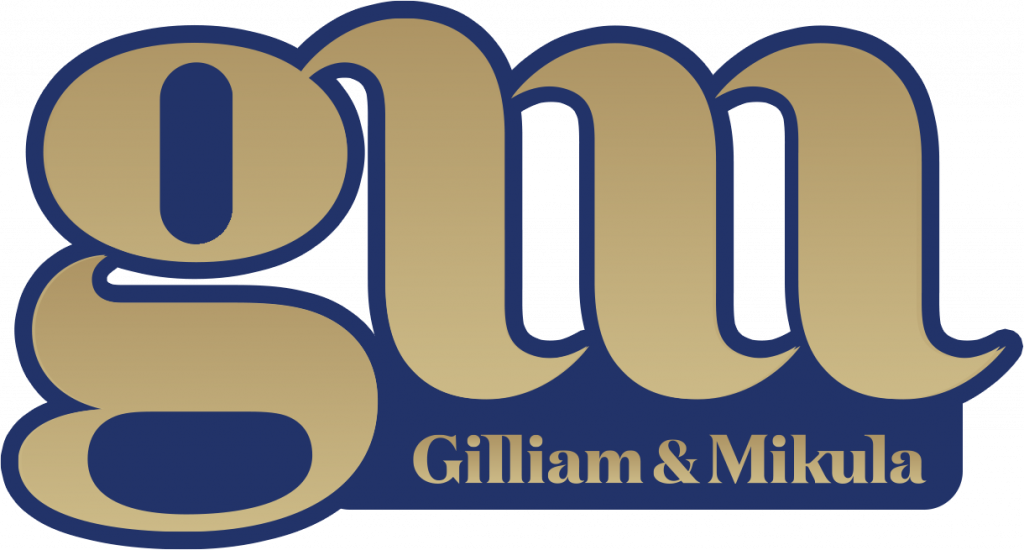With more than 47 million Americans expecting to miss a credit card payment this year, it should be no surprise that people fail to pay other bills as well. For small business owners, customers failing to pay you can be catastrophic for your company. It can result in you being unable to pay your bills and even your payroll.
Debt collection is an unfortunate but necessary step that some businesses have to take to collect the funds that they’re owed. We’ve gathered together our top six debt collection tips that you can employ.
1. Review All of Your Invoices
Occasionally, a client might not have paid their bill yet because it’s not clear on your invoice that their payment is due within a specific timeframe. Regularly review your invoicing policy to avoid any slip-ups like that.
The following items should be present on all your invoices:
- Contact information (name, phone number, email address, and address) for both you and your customer
- Invoice date
- Unique invoice identifier or number
- Itemized list of products or services, each with a quantity, unit price, and total price
- Payment deadlines and terms, including all payment methods you accept
- An evident total invoice amount
With all this information presented on your invoice, it’ll eliminate any situations where your customer can say they weren’t sure when or how to pay.
2. Create a Detailed Credit Policy
The debt collection process starts with your credit policy. It should outline the following items:
- Requirements needed to extend credit
- Actions that will be followed if an account becomes delinquent
- Your business’s terms and conditions
It would be best if you educate everyone on your staff on your credit policy. Your staff members should also know how to explain this policy to any new customers or clients. You should send a document that outlines all this information to any new clients.
3. Follow-Up on Outstanding Invoices Before They’re Past Due
Following up on outstanding invoices will help avoid delinquency, but it will also strengthen your relationship with your customers. Calling your customer or sending them an email after their products arrive is an excellent customer service strategy. It also helps remind them to pay.
You’ll be able to address any questions or issues they had during that conversation as well. If the invoice hasn’t been sent yet or you just emailed it, you can let them know to expect it. You can remind them of the due date and your credit terms.
One thing to keep in mind is to keep a record of your customer’s responses and number and dates of contact you made. If they seem unsure about whether they can pay their invoice on time, you’ll want that information for the future if you need to hire debt collection services.
4. Make It Easy for Your Clients to Pay
Just because you state all the ways you accept payment doesn’t necessarily mean making payments will be easy. If you can accept payments via Paypal, don’t simply have a line about it. Include a link that the client can use to pay quickly and easily.
You should also accept payments in more than one way. There are a variety of ways small businesses can accept payments from their customers. Keep in mind that some of these services will charge a fee, so build that into your pricing if possible.
Some different ways you can accept payments include:
- PayPal
- Venmo
- Online credit card payments via your website
- Check payment with a direct transfer
- Mobile payments
- Automatic bill pay
By offering different ways for customers to pay, you’ll ensure that you get paid faster. More options mean it’s more convenient for them.
5. Learn About Your Clients Ahead of Time
You can reduce the number of overdue accounts by conducting a credit check on potential customers and clients. It does cost money on your end, but it’ll give you valuable insight before you sign a contract.
If you’re planning on signing a “big deal,” you should always run reference checks. Reach out to your potential partner or client’s bank to learn bank relationship information. Identify as many red flags as possible before you sign a contract.
6. Outsource Your Pre-90 Day Past Due Invoices
Implementing clear invoices and a comprehensive credit policy are fundamental steps in helping you manage your accounts. If your resources and time are limited, you might consider partnering with a debt collection attorney. Their staff is trained on how to collect payments on outstanding accounts.
Additionally, they’ll act on your behalf for most of the communications with your delinquent customers. As a result, you’ll collect payment before the invoice ends up being long overdue.
When to Contact a Debt Collection Attorney
If your customers aren’t responding to your emails or returning your calls, you need to forward your claim to a debt collection attorney.
They’re likely in the process of skipping out on what they owe you.
If a customer fails to uphold a payment promise, it’s time to move on. You are putting additional pressure on them will likely yield no results. The longer you wait to contact an attorney, the less likely you’ll be paid.
Following our tips and creating a credit policy are significant steps to ensuring you get paid on time. Planning and being proactive will help you, but there’ll come a time when you need to work with a debt collection attorney like Gilliam and Mikula.
Partner With the Best Debt Collection for Small Businesses
You can implement all of our tips for collecting debt and still have clients who don’t pay their invoices. It can be challenging to know when to take the pressure to the next level and contact a debt collection attorney.
If you have invoices that are more than 90 days past due, it’s time to get paid. Please fill out our online form today to learn more!
Gilliam & Mikula is centrally located in Richmond, Virginia, and serves clients throughout the Commonwealth of Virginia. Our attorneys have over forty years of combined experience in various practice areas, representing individuals and businesses. We are licensed to practice in all General District Courts and Circuit Courts of Central, Tidewater, and Northern Virginia including, but not limited to, Chesterfield, Richmond, Henrico, Hanover, Colonial Heights, Petersburg, Hopewell, Fredericksburg, Alexandria, Fairfax, Manassas, Virginia Beach, and their surrounding areas.
The attorneys at Gilliam & Mikula are here to smoothly guide you through the “legal maze” and ensure that you achieve the most favorable outcome.
The information provided on this website does not, and is not intended to, constitute legal advice; instead, all information, content, and materials available on this site are for general informational purposes only. Information on this website may not constitute the most up-to-date legal or other information.



